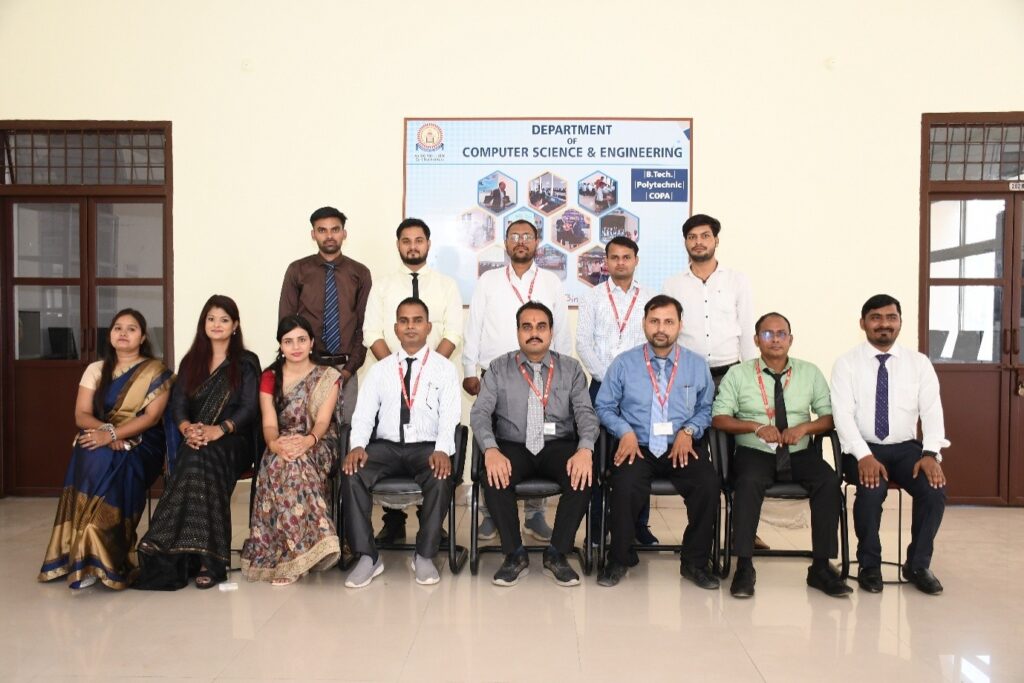
The Department of Computer Science and Engineering
The Department of Computer Science & Engineering (CS & E) works to support students in gaining strong technical understanding and practical experience through effective and modern teaching methods. The department creates a learning environment that encourages curiosity, clarity of concepts, and continuous improvement.
Students are guided to develop confidence, logical thinking, and innovative ideas. Along with classroom learning, the department promotes practical exposure, research activities, and interaction with industry practices to prepare students for professional roles. Faculty members actively mentor students, support laboratory learning, and provide academic guidance to help them grow academically and professionally.
Newsletter
Achievements
Departmental Society
Institute–Industry Interaction
Programs Offered
Computer Science and Engineering (CS&E)
This core program focuses on strong foundations in programming, data structures, algorithms, computer networks, operating systems, and software engineering. It prepares students for diverse careers in software development, system design, research, and higher education.
Computer Science and Design (CSD)
The CSD program integrates computer science with design thinking, enabling students to develop innovative, user-centric digital solutions. It emphasizes UI/UX design, product development, human–computer interaction, and creative problem-solving, preparing graduates for interdisciplinary roles in technology and design domains.
*Computer Science and Engineering (Artificial Intelligence & Machine Learning)
This specialized program focuses on AI and ML technologies, including data analytics, deep learning, natural language processing, and intelligent systems. It equips students with the skills required to develop smart, data-driven applications and prepares them for emerging roles in advanced computing and research-driven industries.
*In process of Approvol(AS- 2026-27)
Vision of the Department:
To provide quality education to students who become technically competent, skilled intellectual professionals, to learn innovative technologies and job-ready employees, can develop their career in the area of computer science and engineering with ethical and moral values.
Mission of the Department:
M-1: To provide a learning ambiance which enhance problem-solving skills and leadership qualities.
M-2: To establish Institute Industry Interaction, to be aware and develop skills in students about trending tools and newly technologies for enhancement and employability.
M-3: To provide learning ambiance to enhance the team spirit, moral and ethical responsibilities.
M-4: To produce graduates with social and professional responsibilities, enhance the entrepreneurship skills and commitment to lifelong learning for them.
Program Educational Objectives
(PEOs)
PEO-1: Graduate should have successful careers in various field related to computer science, including software development, data analysis and cybersecurity.
PEO-2: To inculcate comprehensive knowledge in the field of elementary and computer science.
PEO-3: To reinforce the multidisciplinary knowledge of computer science graduates to support other fields.
PEO-4: To develop professional skills in students that prepares them for employment and lifelong learning in the areas of computer science.
PEO-5: To strengthen the psychological and mental abilities of computer graduates with social consciousness for conquering real-world problems.
Program Outcomes (POs)
(Engineering Graduates will be able to)
PO-1 Engineering Knowledge: Apply the knowledge of mathematics, science, engineering fundamentals, and an engineering specialization to the solution of complex engineering problems.
PO-2 Problem analysis: Identify, formulate, review research literature, and analyze complex engineering problems reaching substantiated conclusions using first principles of mathematics, natural sciences, and engineering sciences.
PO-3 Design/development of solutions: Design solutions for complex engineering problems and design system components or processes that meet the specified needs with appropriate consideration for the public health and safety, and the cultural, societal, and environmental considerations.
PO-4 Conduct investigations of complex problems: Use research-based knowledge and research methods including design of experiments, analysis and interpretation of data and synthesis of the information to provide valid conclusions.
PO-5 Modern tool usage: Create, select, and apply appropriate techniques, resources, and modern engineering and IT tools including prediction and modeling to complex engineering activities with an understanding of the limitations.
PO-6 The engineer and society: Apply reasoning informed by the contextual knowledge to assess societal, health, safety, legal and cultural issues and the consequent responsibilities relevant to the professional engineering practice.
PO-7 Environment and sustainability: Understand the impact of the professional engineering solutions in societal and environmental contexts, and demonstrate the knowledge of, and need for sustainable development.
PO-8 Ethics: Apply ethical principles and commit to professional ethics and responsibilities and norms of the engineering practice.
PO-9 Individual and team work: Function effectively as an individual, and as a member or leader in diverse teams, and in multidisciplinary settings.
PO-10 Communication: Communicate effectively on complex engineering activities with the engineering community and with society at large, such as, being able to comprehend and write effective reports and design documentation, make effective presentations, and give and receive clear instructions.
PO-11 Project management and finance: Demonstrate knowledge and understanding of the engineering and management principles and apply these to one’s own work, as a member and leader in a team, to manage projects and in multidisciplinary environments.
PO-12. Life-long learning: Recognize the need for and have the preparation and ability to engage in independent and life-long learning in the broadest context of technological change.
Program-Specific Outcomes
(PSOs)
After the successful completion of the B.Tech program in “Computer Science & Engineering,” the graduate will have
PSO-1: An ability to apply the basic knowledge of science, mathematics, and Engineering to understand, analyze and solve complex problems and develop computer programs using the algorithms.
PSO-2: An ability to understand the working and functionality of hardware and software aspects of the computer system.
PSO-3: An ability to identify research gaps and provide solutions to new ideas and innovation by using knowledge in various domains.
Message from HoD’s Desk
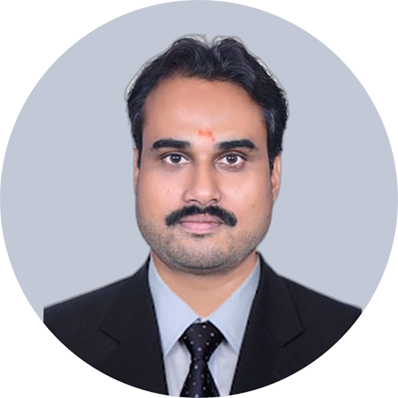
Dr. Arvind Kumar Singh
Head of Department
Area of Interest: Cloud Computing, Data Science, Computer Organization & Architecture, Automata
The department focused on Computer Science and Engineering is currently offering the degree of Bachelor of Technology (B.Tech.) in “Computer Science and Engineering”, “Computer Science and Design” and “Artificial Intelligence & Machine Learning”. The department has a strong undergraduate program, designed to create innovators and researchers.
This department is positively one of the fastest enhancing streams beyond the geographical boundaries and our country. These degree programs embellish the students with great practical and theoretical knowledge of software and hardware, this is our sole aim to make their vision come true by best teaching methodology, and produce prospective engineers to accomplish the need of the society.
During the course, students are able to make their career, enhance technical skills and also instill team spirit with good and better communication. Our Faculty members are always exhilarated to acquire higher degrees and conduct management on the basis of requirements of the technical community. Faculty members are also encouraged to introduce seminars, workshops, and conferences. They are motivated for promoting innovative teaching methods and fantastic practices to make the classroom a better place of learning.
With Best Wishes
Department of Computer Science & Engineering.
Computer Science and Engineering Faculties

Mr. Jay Kumar
(Assistant Professor)
Area of Interest: Data structure using C, Programming in C. Artificial Intelligence.

Mr. Manoj Kumar Sharma
(Assistant Professor)
Area of Interest: Data structure using C, Programming in C. Artificial Intelligence.

Mr. Devendra Kumar Pandey
(Assistant Professor)
Area of Interest: Python, Data Structure, Java.

Mr. Abhishek Kr. Singh
(Assistant Professor)
Area of Interest: DBMS, Web Tech., Big Data

(Assistant Professor)
Area of Interest: Compiler, Microprocessor, Software Engineering.
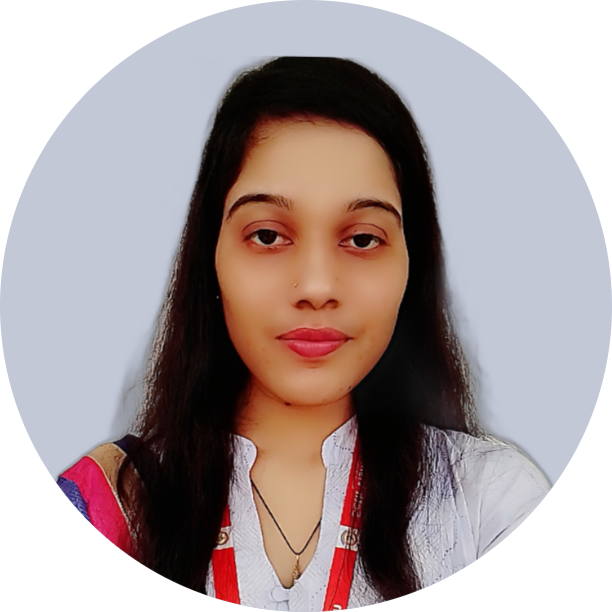
Miss Pooja Tiwari
(Assistant Professor)
Area of Interest: Data Structure, DAA, Operating System, Computer Network.
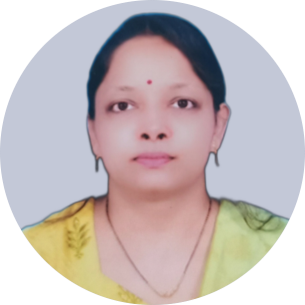
Miss Prerna Srivastava
(Assistant Professor)
Area of Interest: DBMS, C- Language.

Mr. Radhe Shyam
(Assistant Professor)
Area of Interest: DBMS, Computer Network

Mr. Shashank Yadav
(Assistant Professor)
Area of Interest: Database Management System, Software Engineering, Data Warehousing & Mining, Distributed Databases, Information Security

Ms. Sakshi Raj Singh
(Assistant Professor)
Area of Interest: Artificial Intelligence, Machine Learning, Deep Learning, Data Science

Mr. Aman Patel
(Assistant Professor)
Area of Interest: Computer Networks, Database Management Systems, Data Communication
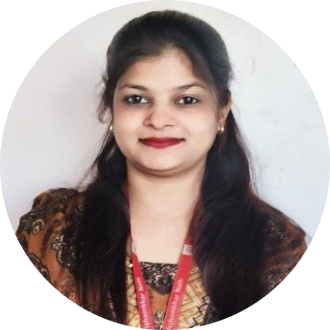
Ms. Lakshmi Agarwal
(Assistant Professor)
Area of Interest: Operating Systems, Internet of Things (IoT), Embedded Systems

Mr. Beer Singh
(Assistant Professor)
Area of Interest: Software Engineering, Cybersecurity, Cloud Computing, Data Structures & Algorithms

Mr. Kushagra Shukla
(Assistant Professor)
Area of Interest: Cloud Computing, Computer Graphics, Artificial Intelligence, Software Engineering
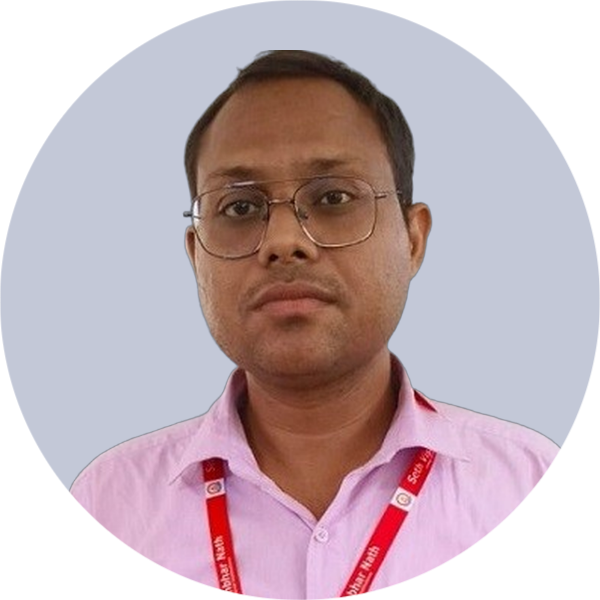
Mr. Shashank Yadav
(Assistant Professor)
Area of Interest: DBMS, Software Engineering, Computer Networks.

Mr. Mohit Dubey
(Assistant Professor)
Area of Interest: Operating Systems, Database Management Systems, Algorithms, Java.
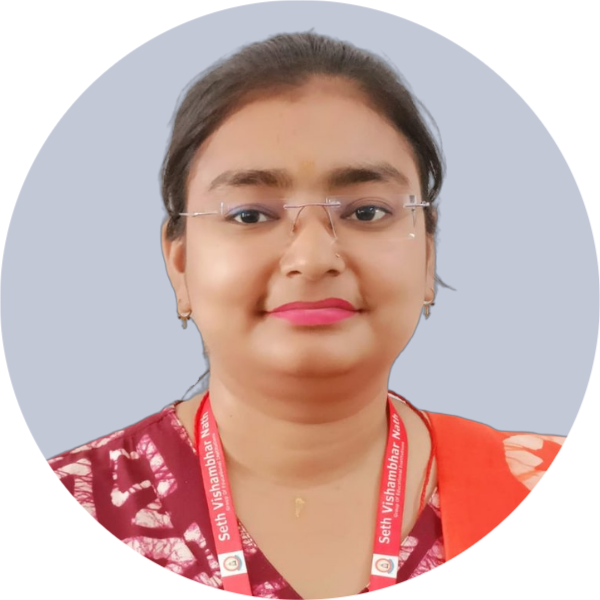
Miss Dolly Pandey
(Assistant Professor)
Area of Interest: Database management system, software engineering, C & python
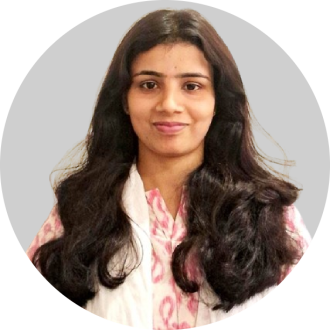
Ms. Sakshi Raj Singh
(Assistant Professor)
Area of Interest: Artificial Intelligence, Deep Learning, Machine Learning
Syllabus
Newsletter
Achievements
Departmental Society
Institute–Industry Interaction
Computer Science and Engineering Laboratory
Laboratories
In Computer Science and Engineering Department have various labs with latest configuration. In the Department around 90 computers are connected via internet with 100 Mbps speed. Computer lab consists of latest computer systems with 24 hour Wi-Fi connectivity. It gives practical exposure to the students and helps in carrying out project in areas of computer science & information technology. All the labs are well equipped with advanced software like python, Artificial Intelligence, Machine Learning, Data Science, Visual Studio .Net, Office 2016, Turbo C/C++, Jflap, Java, PL/SQL, TASM, Linux/Unix etc. Following are the major laboratories:
Software Engineering Lab:
Students will be able to development skill through different stages of software development life cycle. They will ensure the quality of software by which students will be able to generate test cases for software testing; they will also be able to handle software development models through rational method. This lab contains Basic Structural Modeling, Advance Structural Modeling, Basic Behavioral Modeling, Architectural Modeling, UML Notation, Advance Behavioral Modeling, UML Stranded Elements, Test Suits, Rational Unified Process, Designing Test cases, etc.

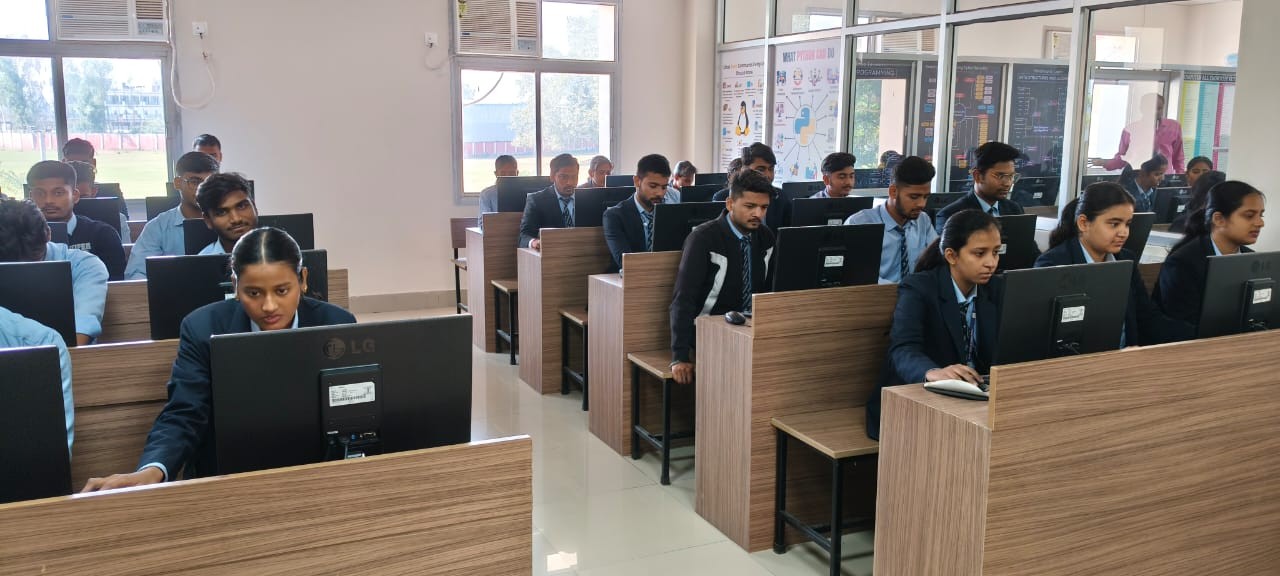
Python Programming Lab
Python Programming Lab is an essential part of any computer science curriculum, and it plays a crucial role in the education of students studying in the field of programming. The lab helps students to learn and understand various programming concepts, syntax, and techniques using the Python programming language. This lab incorporates with Python programming into development process to ensure the creation of efficient, robust, and scalable web applications.
Data Structure Lab
The Data Structure Lab provides students with hands-on experience in designing, implementing and analysing various data structures essential for efficient computing. The lab covers both foundational and advanced concepts including arrays, linked lists, stacks, queues, trees, heaps, hash tables, and graphs. Through structured programming exercises, students learn to write, trace, debug, and optimise algorithms for different real-world applications. The lab emphasizes analytical thinking, logical problem-solving, time and space complexity analysis, and the development of efficient data-handling techniques. Students work on practical assignments that involve memory management, recursive algorithms, sorting and searching techniques, and performance optimisation. The lab environment supports programming in C, C++, Java, and Python, allowing learners to understand data structures across multiple languages. The Data Structure Lab aims to build strong computational skills and prepare students for advanced courses in algorithms, competitive programming, software development, and system-level problem solving.
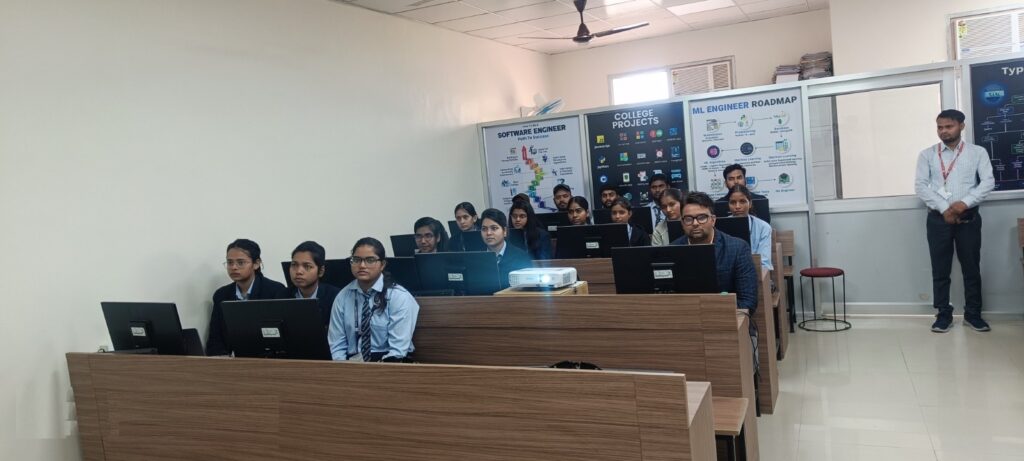
Data warehousing and Data Mining Lab
A data warehouse is a blend of technologies and components which permits the calculated practice of data. The objective of the Data warehousing and Data Mining labs is to provide students with a practical understanding of data Warehousing and data Mining concepts, it enables them to apply these concepts to real-world problems. It is comprehensively and seamlessly linking several analytic processes and development of fundamental technology and applications for data mining, development of consumer behavior models, and validation of the entire structure through practical testing-with the end goal of applying the system to data mining tasks in the different field by WEKA Tool. Students will learn how to design and implement data warehouses, and use data mining techniques to extract insights from large datasets.
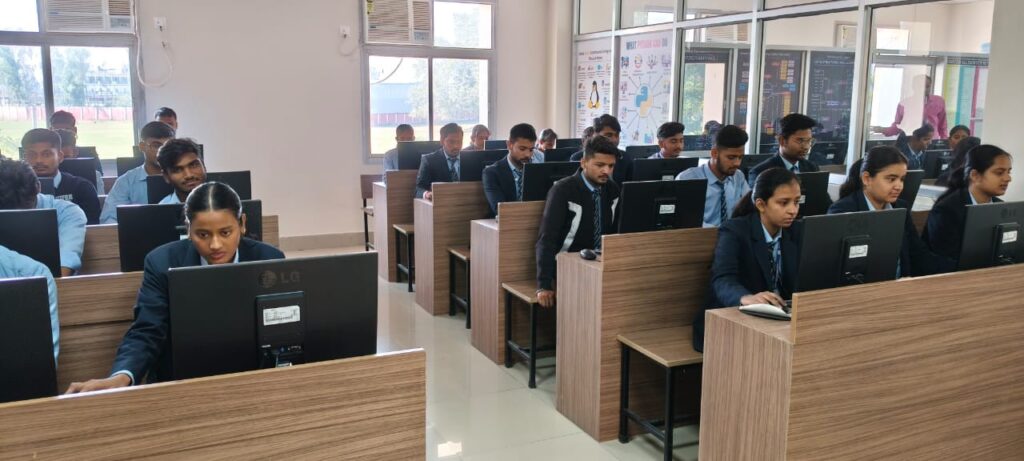
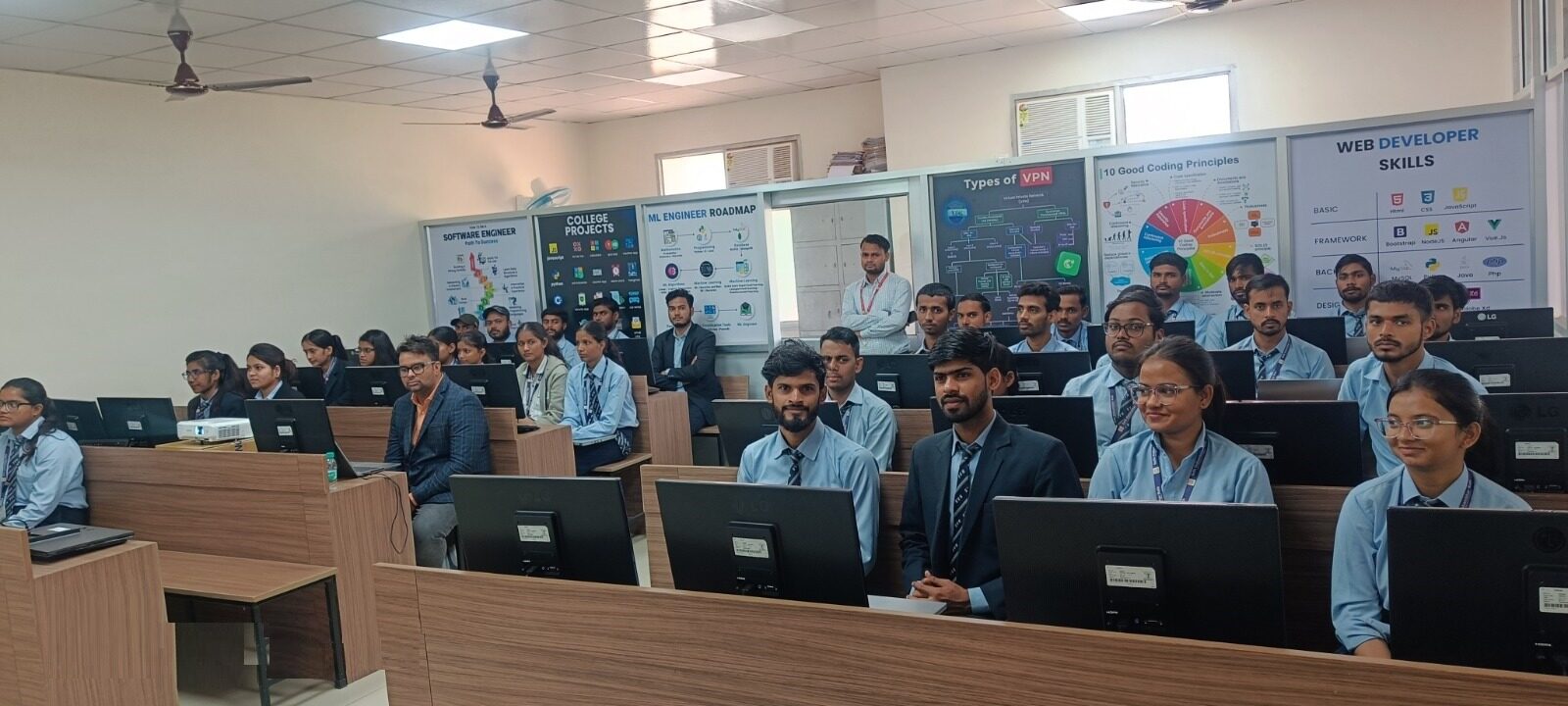
Operating Systems Lab
An operating systems lab is a dedicated laboratory where students can experiment with operating systems. They understand their functioning, and develop new ideas and solutions. This lab usually comprises a set of computers, hardware components, and software tools that allow for experimentation and development of new systems. The goal of this is to makes students understand and increase in value regarding the principles in the design and implementation of operating systems software. An operating system is the most critical software installed on a computer. This lab consists of multiple computers connected to the server. Students gain the education about the technicality of Operating Systems and works on many Operating System including Windows and LINUX.
Database Management System (DBMS) Lab
A DBMS (Database Management System) lab is a practical session in which students learn how to design, create, and manage databases. It has evolved from a specialized computer application to a central component of a modern computing environment and as a result knowledge about database system has become an essential part of computer science. This lab offers students the knowledge to demonstrate their skills in drawing the ER, EER, and UML Diagrams and to develop appropriate Databases for a given problem that integrates ethical, social, legal, and economic concerns. The students work on databases such as Oracle 11i, DB2, My SQL etc. This Lab consists of various installed software such as D2K, PL/SQL, Windows Server 2008 / 2012.
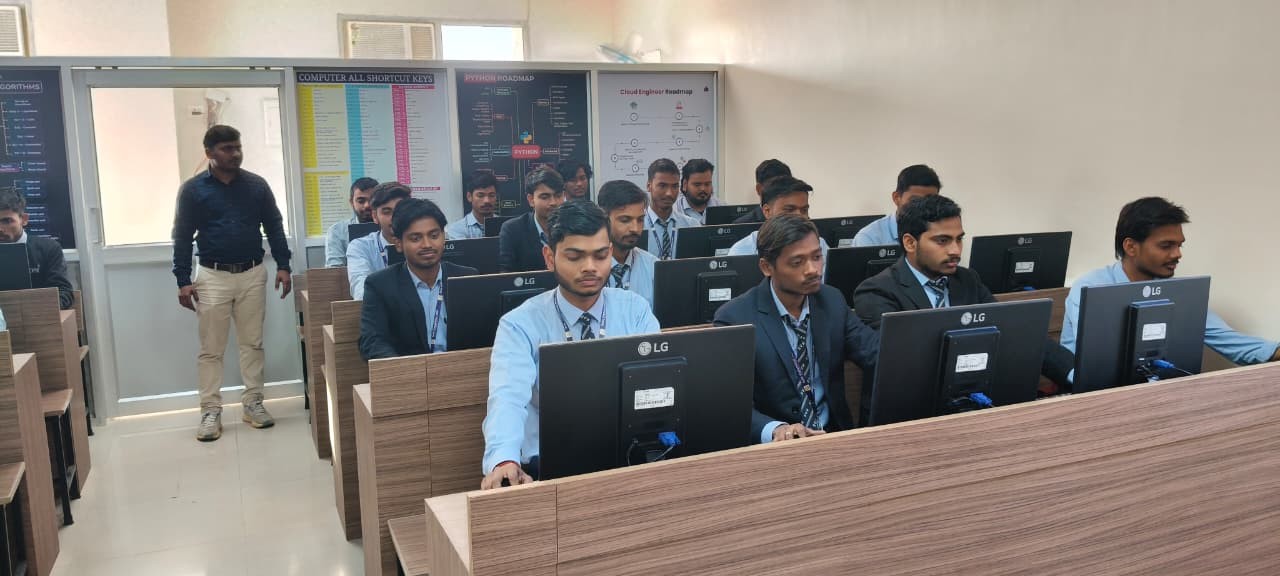
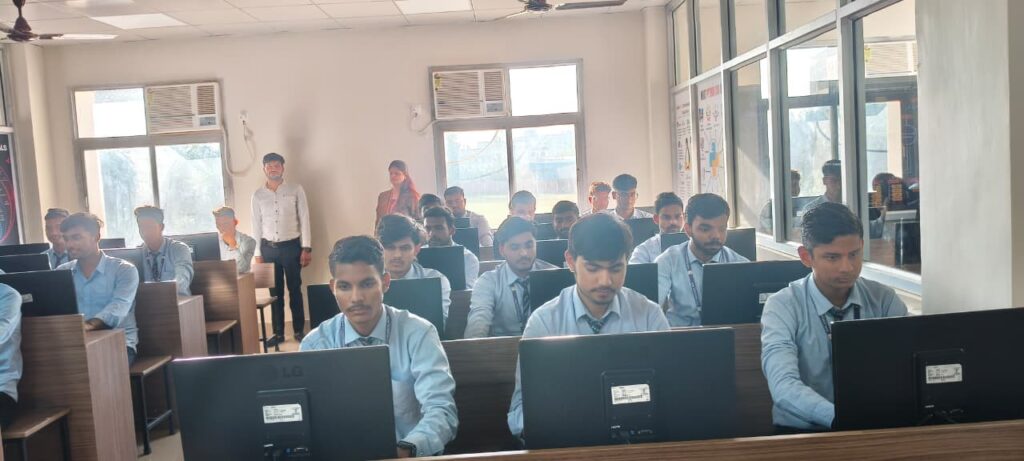
Project Lab
The purpose of this lab is to provide the facilities for different applications software to complete the final year project. The Computer Science Project Lab provides students with the opportunity to develop their skills and enhance their knowledge through engaging projects. The main aim of the Project Lab is to provide students with a platform to apply their theoretical and practical knowledge to projects. This fosters creativity and innovation by encouraging students to come up with unique project ideas, problem solving techniques by thinking critically The project lab consists of 50 nodes in all and provides many platforms/software’s such as JAVA, Network Simulators tools (NS2), MATLAB, Office 2013, Turbo C/C++. Adobe Page Maker, Java kit, PL/SQL, Corel Draw, Red-hat Linux 7.1. Students are encouraged for joining the working world.
Artificial Intelligence & Machine Learning Lab
The objective of the AI & ML laboratory is to expose students to the fundamental and advanced concepts of Artificial Intelligence and Machine Learning by enabling them to design, implement, and evaluate intelligent systems using appropriate programming tools and frameworks in a virtual and hands-on computing environment. The purpose of this laboratory course is to help students develop practical skills in data analysis, model development, training, testing, and performance evaluation of AI & ML algorithms.
This laboratory is designed to familiarize students with supervised and unsupervised learning techniques, neural networks, deep learning models, and data-driven problem-solving approaches through the implementation of AI & ML algorithms using real-world datasets. Emphasis is placed on understanding algorithm behavior, model optimization, ethical considerations, and application-oriented learning to bridge the gap between theory and practice.
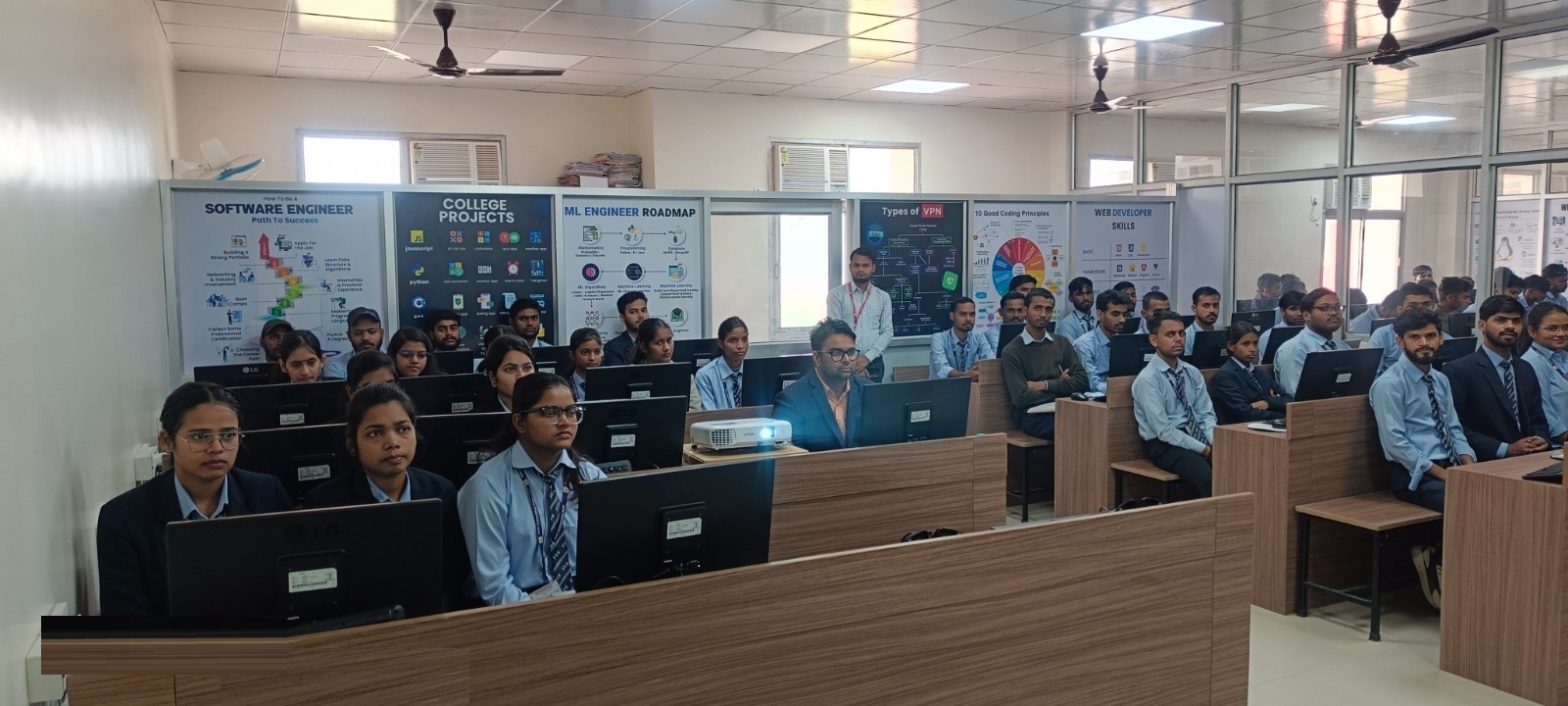
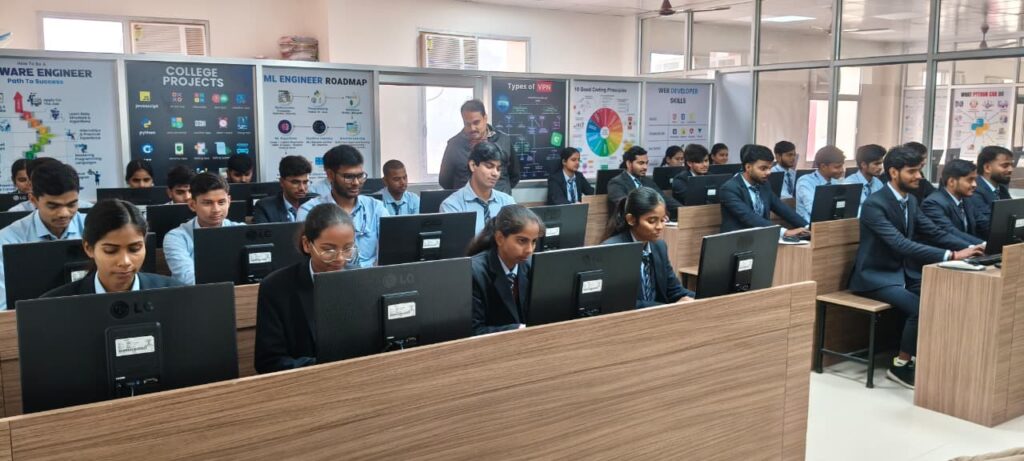
Deep learning Lab
The objective of the Deep Learning Laboratory is to expose students to the core concepts and advanced techniques of deep learning by enabling them to design, implement, and evaluate deep neural network models using modern programming tools and frameworks in a virtual and hands-on computing environment. The purpose of this laboratory course is to develop practical skills in building, training, tuning, and deploying deep learning models for complex data-driven applications.
This laboratory is designed to provide students with hands-on experience in implementing deep learning architectures such as artificial neural networks, convolutional neural networks, recurrent neural networks, and transformers using real-world datasets. Emphasis is placed on understanding model architecture, optimization techniques, performance evaluation, and ethical considerations in deep learning applications, thereby bridging the gap between theoretical concepts and practical implementation.
Polytechnic Program
Vision of the Department:
To offer quality based education and focus on development of endowed professional personalities in the field of Computer Engineering through technical education and ethical values to fulfill the requirements of the industry and society along with current future challenges.
Mission of the Department:
M-1: To provide an effective atmosphere of technical-learning to enhance the technical skills.
M-2: To develop the knowledge of technical education to adapt an employability.
M-3: To provide ethical knowledge, moral values to build better society for them.
M-4: To provide technical knowledge and encourage for self-sustainable and become future entrepreneur.
Program Educational Objectives
(PEOs)
The Program Educational Objectives (PEO) is the program to prepare the Diploma holders for their career and professional living in Computer Science & Engineering offered by Seth Vishambhar Nath Institute of Engineering and Technology, Barabanki, Uttar Pradesh, Affiliated to Board of Technical Education, Uttar Pradesh INDIA are:
PEO1: To amplify Technical and Entrepreneurial skills for successful performance.
PEO2: To use their methodical, practical skills and build industry ready individual to solve multi-disciplinary sustainable projects.
PEO3: To escalate professional career of diploma holders through continual learning with good technical expertise, ethical values and team spirit.
PEO4: Individual should engross in lifelong learning, career strengthen and adapt changes as per professional and societal needs.
Attributes / Program Outcomes (POs)
(Diploma in Engineering, students will be able to)
PO-1: Basic and Discipline specific knowledge: Apply knowledge of basic mathematics, science and engineering fundamentals and engineering specialization to solve the engineering problems.
PO-2: Problem analysis: Identify and analyze well-defined engineering problems using codified standard methods.
PO-3: Design/ development of solutions: Design solutions for well-defined technical problems and assist with the design of systems components or processes to meet specified needs.
PO-4: Engineering Tools, Experimentation and Testing: Apply modern engineering tools and appropriate technique to conduct standard tests and measurements.
PO-5: Engineering practices for society, sustainability and environment: Apply appropriate
technology in context of society, sustainability, environment and ethical practices.
PO-6: Project Management: Use engineering management principles individually, as a team member or a leader to manage projects and effectively communicate about well-defined engineering activities.
PO-7: Life-long learning: Ability to analyse individual needs and engage in updating in the context of technological changes.
Program-Specific Outcomes
(PSOs)
After the successful completion of the Diploma program in “Computer Science & Engineering” the graduate will have
PSO-1: Students will be able to apply their technical knowledge and skills with specific solutions to problems in software domain with use of engineering tools and technology.
PSO-2: Students will be able to put in knowledge, techniques and professional skills for real time operation and maintenance of computer hardware and networking.
PSO 3: Ability to apply the fundamentals knowledge to develop the digital information regarding program development in this new era and encourage them to higher education.
Syllabus

